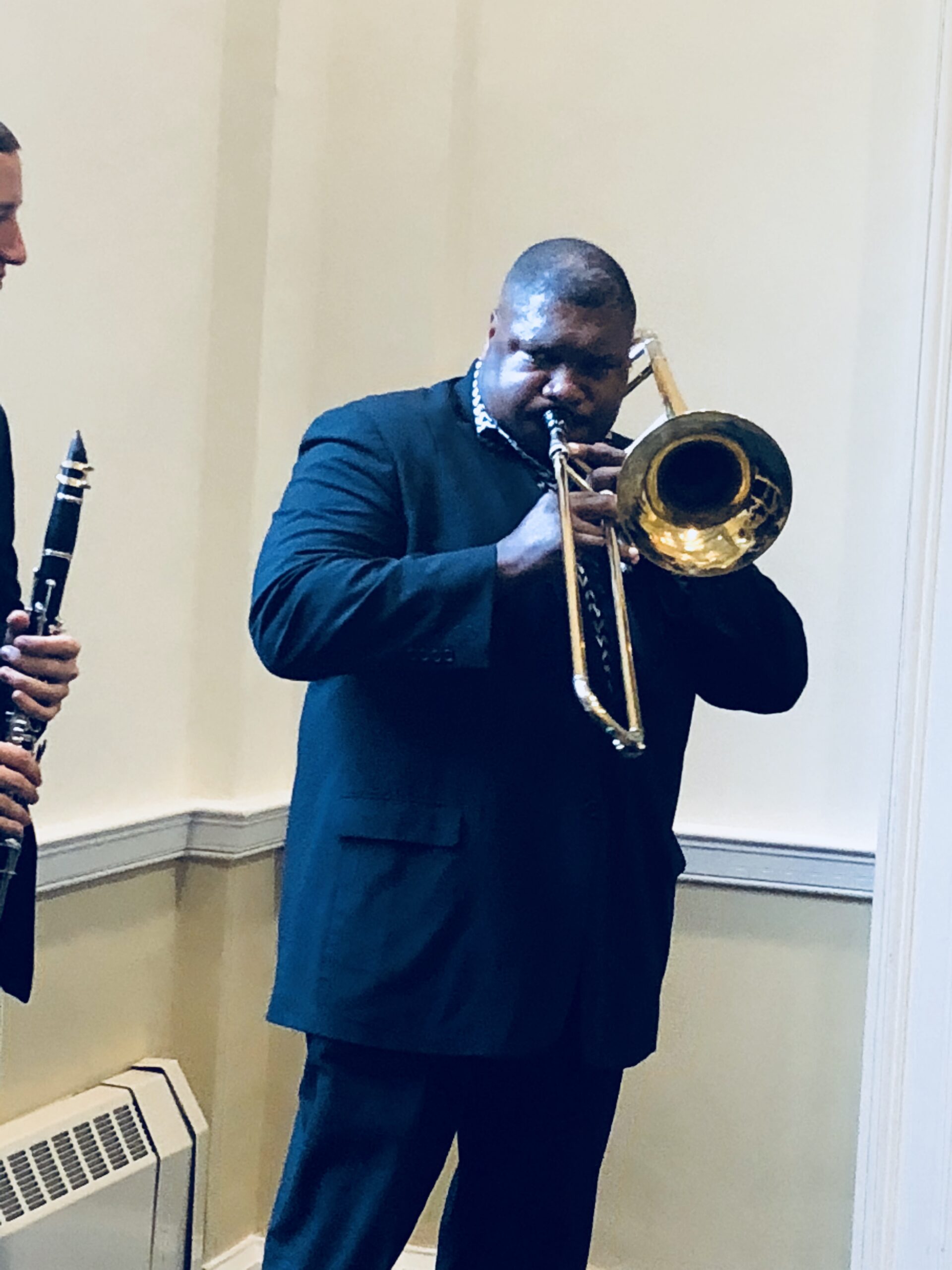Great news.
It’s back.
Like a zombie, the consolidation controversy has risen from its death declaration a few years ago in Princeton. Once again, consolidation is the source of energetic debate in my life.
After Princeton Borough and Princeton Township voted to consolidate on Nov. 8, 2011, I experienced a manic-depressive moment.
I was super-thrilled with the YES vote to consolidate and super-depressed over the fact that I was losing my closest companion – consolidation conversation.
For nearly four decades, consolidation provided me with intellectually stimulating, apolitical, and fairly civil (except for a few notable lapses) discussions every week, often every day during election season.
Thanks to Chad Goerner, the last mayor of Princeton Township and the key mover and shaker in the movement to consolidate the towns, consolidation talk has returned.
Debating consolidation as I sip my coffee in the coffee shops of Princeton has gotten my intellectual juices flowing again–the coffee also helps.
And it was over a cup of coffee that Chad and I discussed the op-ed he penned two weeks ago on July 8, 2018 in The Star-Ledger that was titled: “I was the last mayor of Princeton Township: Consolidation works and we need to stop being afraid of it (www.nj.com)”.
Next week Chad will be filming a New Jersey issues cable television show (Jersey Matters) to debate the topic with another New Jersey consolidation and local and state government expert, Marc Pfeiffer.
The show is being taped on Friday, July 20, for airing sometime over the weekend. All the shows are posted on the Jersey Matters website: http://jerseymatters.com/.
Chad, however, is unable to take full credit for the resurgence of the issue.
The New Jersey Senate President, Steve Sweeney, unleashed the debate by releasing a report from his Economic and Fiscal Policy Working Group that spoke about the potential that consolidation offers to bring property taxes to more sustainable levels and curb tax rates.
Then two prestigious Rutgers University/Bloustein School academics, Marc Pfeiffer, well known among Princetonians for his 37 years in New Jersey local government administration, and Raphael Caprio, a professor renowned for his expertise in local and state government finance, threw fuel onto the consolidation fire.
They published a Bloustein white paper called: “Size May Not Be The Issue: An Analysis of The Cost of Local Government and Municipal Size in New Jersey.” This paper inspired The Star-Ledger June 22, 2018 article that was titled: “Merging 191 towns won’t fix crushing taxes.”
Since the flurry of activity surrounding the January 2017 publication of his book on Princeton’s consolidation experience (A Tale of Two Tigers: Princeton’s Historic Consolidation), Chad had been relatively quiet on the topic. He devoted the past year to his career as a financial analyst for UBS bank and to his avocations –writing another book, painting and farming. But the Sweeney report, the Pfeiffer report and The Star-Ledger article got Chad Goerner, the consolidation tiger, to roar again.
“Consolidation of New Jersey municipalities — especially as it relates to school districts – can result in significant long-term savings and at the same time it can lead to better planning and responsiveness in local government,” said Chad in his op-ed.
Chad draws attention to some important considerations concerning consolidation and shared services that are often left out of the conversation.
“For instance, one community of 1,500 residents could have an average cost-per-capita of $1,500 and a large community of 10,000 residents could have the same per capita cost. With no thorough analysis of actual services provided to residents, it does not prove that a town is equally efficient. If one community offers superior services, a police department and/or a library for the same cost, which one is more efficient?
“The fact is that consolidation has worked, and we need to stop being afraid of it… Princeton blazed the trail with millions in annual budgetary savings and the lowest municipal tax growth rate post-consolidation than any neighboring municipality,” he said.
“….The unfortunate result of the Pfeiffer/Caprio white paper was misguided headlines about consolidation at a time when New Jersey municipalities and school districts should be considering all options to garner efficiencies in service delivery and control costs….(The paper) broadly determined per capital town costs, (but) left the other side of the equation, service levels, largely unexplored….” said Chad.
The consolidation debate first re-emerged in my life on June 23, the day after The Star-Ledger article questioning the value of consolidation.
The location was the last place I ever anticipated such a discussion – the memorial service reception honoring former Princeton Township Mayor James Floyd Sr., who died a month ago at the age of 96.
With the live jazz music of internationally renowned trombonist, Wycliffe Gordon in the background, I reminisced with other longtime Princetonians about the incredible legacy of Jim Floyd, who was the first black man elected to political office in Princeton Township and a passionate community leader in the area of social justice, affordable housing, diversity, neighborhood and historic preservation, education – and consolidation.
“Jim was a visionary in a lot of areas – including the value of consolidation of the borough and the township,” Chad said. “I am really happy that he lived long enough to witness the successful consolidation of the two communities to which he was so deeply committed.”
Another Jim aficionado – also named Jim, retired land use attorney Jim Britt – asked me when the town was going to name something after Jim Floyd to celebrate not only what he did but also inspire others to do the same. Jim Britt suggested renaming the Community Park School the James Floyd Sr. Elementary School.
Thinking more broadly as a way to touch all the students in the district, I suggest Jim Floyd’s name be attached to the high school, where I first heard the incredible music of Wycliffe Gordon, who performed at the high school thanks to Wycliffe’s good friend – James Floyd, Sr.

